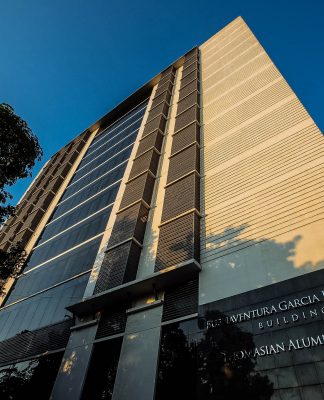THE SUMMER heat is on—and up a few degrees.
The Philippine Atmospheric Geophysical and Astronomical Services Administration (Pagasa) has confirmed a heat wave in some Luzon and Visayas provinces, prompting the Department of Health (DOH) to issue warnings of possible health-related disorders breaking out.
According to Pagasa, temperature in Manila has reached 35 degrees centigrade in the past weeks and is expected to go beyond that. However, Pagasa officials expect the heat to last only until early May.
The Philippines, being a tropical country, is vulnerable to heat waves since the sun passes directly above it. With the heat wave, there is an expected rise in the number of heat-induced medical disorders and conditions.
“The main cause of common bodily disorders (during the summer) is heat. Dehydration arises from heat, thus lowering the body’s fluid level,” Dr. Ruth Mary Pada of the UST Health Service told the Varsitarian. “The immune system gets weaker, so viral and bacterial infections will easily afflict the body.”
The body’s weakened defense system can then lead to serious complications.
“Risk factors include sweating and inadequate fluid intake, recent illness involving fluid loss from vomiting or diarrhea, and exercising or working in a hot environment,” she said.
But heat exhaustion is just one of the abnormal body conditions during summer. Another is heat stroke, a condition caused by prolonged exposure to high temperature. Its symptoms include sudden dizziness, weakness, headache, high body temperature of 38.9 C without sweating, rapid heartbeat, muscle cramps, and dark urine color.
Meanwhile, migraine, dehydration, and diarrhea are other conditions that may also arise during summer.
In Manila, Mayor Lito Atienza directed the city health department to check the spread of diseases that usually break out this time of the year, such as sore eyes, influenza, measles, and chicken pox.
Beating the summer heat
Proper attire, balanced hydration, diet, and hygiene are our weapons against summer diseases.
According to Pada, drinking eight to 10 glasses of water a day, or even more, can help the body meet its fluid requirements.
An optimum dose of fat also helps in daily energy expenditures. Carbohydrates, which is present in rice and pasta, also helps in carrying on with daily tasks. Watery fruits, generally tropical fruits like watermelon and coconut, aids in hydration. Still, one’s diet should be balanced and healthy for optimal metabolism.
Good choice of clothes also counts so the skin can properly breathe. This can help lower the body’s temperature so as not to lose much fluid through perspiration.
Meanwhile, proper hygiene is equally important, since viruses and bacteria easily spread this season. Frequent hand-washing and proper toilet habits can add to prevention of the said diseases.
So, before basking under the sun, it may be safer to first have thirst quenchers, extra shirts, fruits, at the ready. Summer is really a fun part of the year, and spending it wisely and healthy will make it even more enjoyable.

















